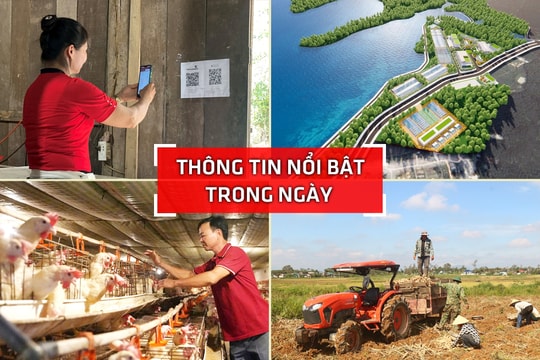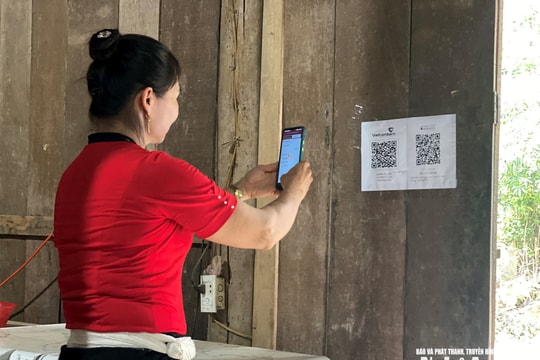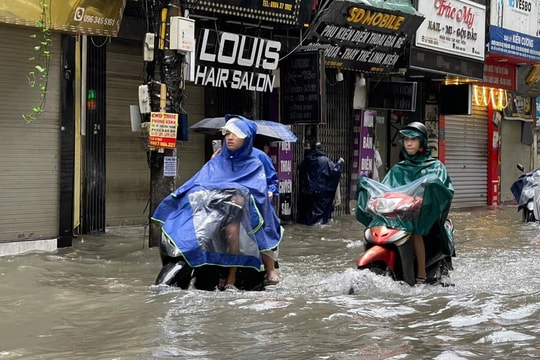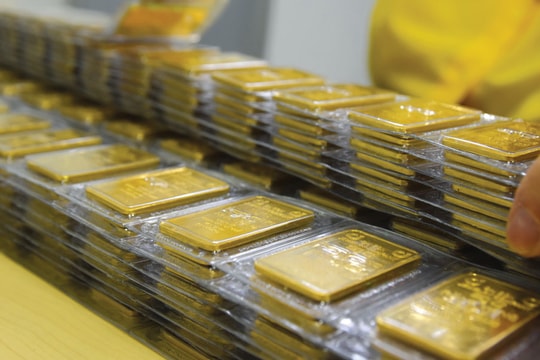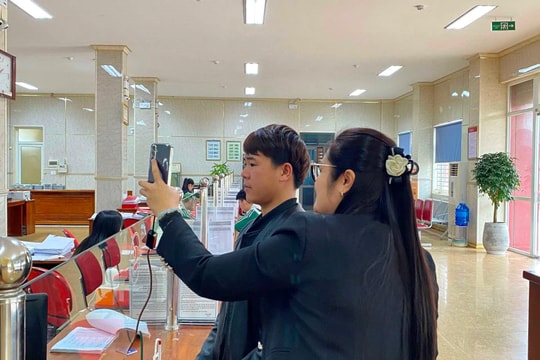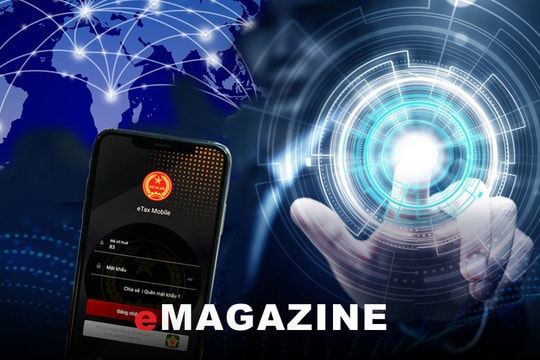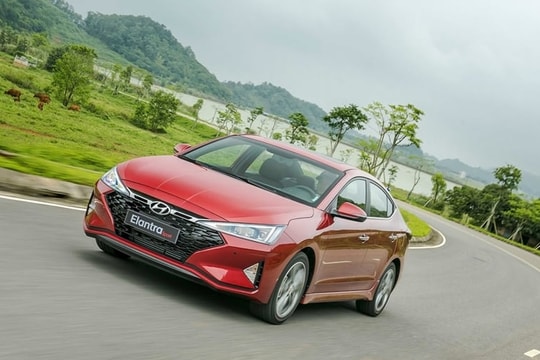Life where cash is on the verge of extinction
Cash is losing value and transactions need to be quick, so most Somalilanders pay by phone.
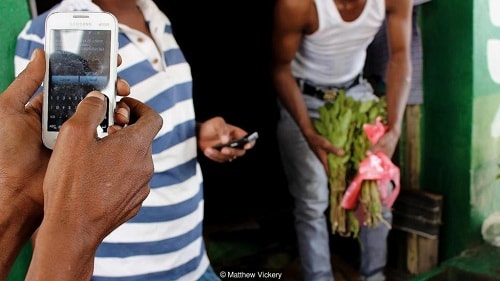 |
| Khat leaf buyers pay sellers via mobile. Photo: Matthew Vickery. |
About five or six people were gathered around the door of a brightly painted wooden house on the main street in Hargeisa, Somaliland, East Africa, loudly arguing about the quality of khat leaves - a leaf containing a cocaine-like addictive substance, that the seller was bringing out, according to BBC.
Customers arrive, choose a bunch of fresh green leaves, before quickly entering a number into their phone and leaving.
“We need to do things quickly, and paying in cash takes too long,” Omar, one of the khat sellers, explained, chewing on a bunch of green leaves. “Customers will be calmer if they can buy their khat quickly.”
No cash is exchanged here, nor are there credit cards. Customers don’t get free khat leaves, but pay by mobile phone. On a dusty street in Hargeisa on a September day, money is transferred via mobile phone in seconds.
Somaliland may not be a world leader in many things, but cashless transactions are perhaps its first. The country declared independence from Somalia in 1991 but is not internationally recognized. The tiny country is becoming one of the world’s first cashless societies.
Whether it's shopping on the sidewalk or in a large supermarket, paying by phone has quickly become the norm.
“Everyone pays by phone now,” Oma said, navigating a mobile transaction with one hand. “It’s so much easier.”
Somaliland’s incentive to develop this form of payment is due to the rapid depreciation of the shilling, with the US dollar worth 9,000 shillings. A few years ago, the exchange rate was half that. Somaliland broke away from Somalia in 1991 at the start of the country’s deadly civil war, and the conflict continues in various forms to this day.
The shilling has also had its ups and downs. It was introduced in 1994 as a means of buying and selling weapons in the region’s war against armed groups, before being printed and issued at the behest of officials in the breakaway republic for deeper political purposes, causing the currency to lose value.
The lowest denomination of money is 500, the highest is 1,000. Therefore, to buy a grocery item, you need to pay a wad of money, and for a larger transaction, you need a bag full of money.
Street traders who make a living exchanging US dollars and euros into shillings use wheelbarrows to transport piles of banknotes from street to street.
There are no internationally recognized banks, no formal banking system, and ATMs are an alien concept. Two private companies, Zaad, founded in 2009, and the newly established e-Dahab, have filled the void by creating a mobile banking economy where money is stored on phones and deposited with the two companies, allowing goods to be bought and sold using personal numbers.
“To buy one of these in shillings, you would have to pay one or two million,” said Ibrahim Abdulrahman, an 18-year-old who works in a jewelry store. He pointed to a thin gold necklace, chuckling at the idea of someone trying to buy in local currency.
"One person can't carry that much money on him, it's too much. You'd have to carry a big bag," Ibrahim said. "We don't take shillings anymore, only dollars and mobile payments."
Popular
From brick-and-mortar shops in Hargeisa to street vendors sitting on old wooden crates on dusty rural roads, cash is disappearing as more and more people opt for cashless transactions.
In Somaliland, where illiteracy rates are high, the technology’s simplicity and versatility have helped it thrive. Payments require little more than typing in a few digits according to a code provided to the merchant. These codes are everywhere, from crudely taped to shop walls to printed on plastic and hung in stores.
Payment does not require Internet access, so even the most basic phone can be used. Users just need to transfer money from the electronic bank account in the phone to another account, typing in the number and entering the code like topping up a phone card.
“This is my sales for today,” said Eman Anis, a cheerful 50-year-old woman selling goods in Hargeisa’s bustling gold market, showing off her mobile payments today. Mobile payments have soared from 5% two years ago to more than 40% now.
“It’s easier to pay with your phone. The exchange rate is always a problem, but now we can do everything through Zaad,” Anis said, referring to Somaliland’s most popular mobile payment method. “Now even beggars have Zaad.”
Ms. Anis is not exaggerating. Mobile payment systems not only make life more convenient for consumers and merchants, but also make life easier for the poorest.
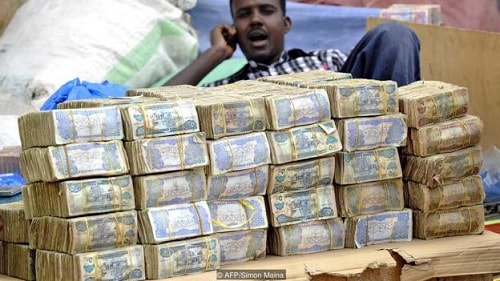 |
| 1 USD is worth 9,000 shillings. Shoppers have to carry bags of money wandering the streets. Photo: AFP. |
Somaliland’s severe drought last year affected hundreds of thousands of farmers. Mobile payment technology allows Somalilanders in urban areas to instantly transfer money to hungry relatives back home.
“Because of the drought, we have nothing to sell and no money to live on. Our families send us money,” said Mahmoud Abdulsalam, a camel herder who was displaced from Haaro in eastern Somaliland. “In the countryside, we also use mobile money.”
Service providers say the number of transactions made by mobile has increased from 10-20% last year to nearly 50% this year. The technology is fast becoming the preferred payment method in tiny Somaliland, where the economy is largely dependent on camel exports. Some companies have also started paying employees by mobile.
A 2016 study found that 88% of Somalis over the age of 15 owned at least one SIM card, with 81% living in urban areas and 62% living in rural areas using mobile payment services.
Cheap phones are becoming increasingly popular across the continent. Other African countries such as Ghana, Tanzania and Uganda are embarking on a similar mobile money revolution, with Kenya’s version of Zaad, M-Pesa, said to be used by half the population.
However, not everyone is happy with this rapid development.
afraid
Some complain of government corruption and lax enforcement of the law, while two private mobile banking companies continue to exert an unchecked influence on the fragile economy, which relies heavily on livestock exports in a region prone to drought and mass livestock deaths every few months.
In other countries, mobile payments use local currencies, but in Somaliland, both of the most influential companies use US dollars, making the autonomous region in East Africa increasingly dependent on the foreign currency.
Not only does this system hurt the business of street money changers like Mustafa Hassan, who is surrounded by stacks of shillings piled high like mountains, it also breeds corruption, inflation and creates an illegal mini-economy of its own.
"We hope the government will regulate or stop it (the mobile payment system), because there are many problems with it. It is controlled by two companies and it is like they just print money," Hassan said, while the money changers around him nodded in agreement.
"This system is causing inflation. People who should have money in their pockets are now using their mobile phones, even to pay for the smallest things like buying bus tickets, not a single transaction is done in local currency but entirely in dollars," he said.
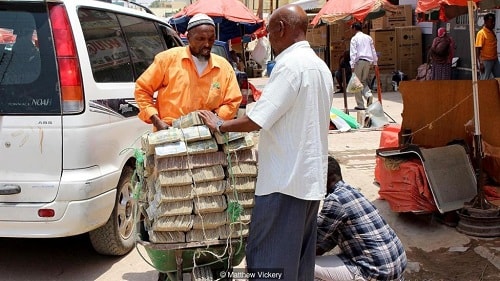 |
| Shillings were packed into large bundles and transported from point to point in wheelbarrows. Photo: Matthew Vickery. |
Hassan still uses mobile payments, though. Customers can deposit dollars directly into his phone, which he exchanges for shillings on the street.
“It’s easier to do business this way, man. People can send me money quickly and easily,” Hassan admits. “It’s possible to become a cashless society here, in fact we’re on the way. What that means for money changers like me, I don’t know.”
As Somalilanders continue to embrace the technology and accept its impact on the economy, people like Hassan can hope that at least some remain adamantly opposed to it.
“If you carry your bank in your pocket, it could get stolen. I always use cash for everything,” said Abdullah, an elderly man who stood out as an anomaly at the khat stall because he paid with cash rather than by phone.
"I don't know when I'll switch to mobile," he said loudly, hurrying away towards the busy street, while loud horns urged people to move closer to the curb.
"Asking me that is like asking me when I will die, God only knows!".
According to VNE
| RELATED NEWS |
|---|

